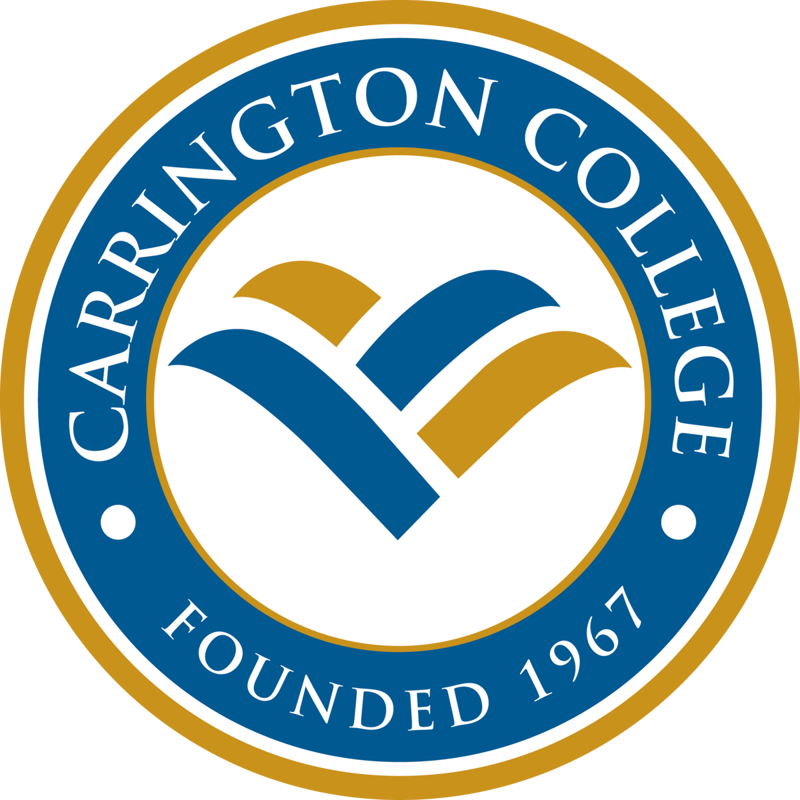
Financial aid (may be available)

Financial aid (may be available)

Financial aid (may be available)

Financial aid (may be available)

Financial aid (may be available)

$191 to start
$2,200 total

Financial aid (may be available)

$239 to start
$4,000 total
$23,297 total
$4,299 total
$16 total
No cost info
$1,597 total
$649 total
$600 total
No cost info
$1,597 total
$1,949 total
Are you interested in pursuing a career in nutrition? If you live in Portland, you're in luck! There are several options for applied nutrition classes in your area. In this blog post, we will explore what applied nutrition is, the training requirements, what to look for in a class, what to expect from day-to-day classes, the certification process, how to find related jobs, and other classes you can take after becoming an applied nutrition specialist.
Applied nutrition is a field that focuses on the application of nutrition science to improve individuals' health and well-being. Applied nutrition specialists work with clients to develop personalized nutrition plans, educate them on healthy eating habits, and monitor their progress towards achieving their health goals.

To become an applied nutrition specialist, you will need to complete a training program that provides you with the necessary knowledge and skills in nutrition science. These programs can vary in length and format, but most will cover topics such as:
Some programs may also include hands-on experiences, such as internships or practicums, where you can apply your knowledge in real-world settings.
When searching for applied nutrition classes in Portland, it's important to consider the following factors:
Applied nutrition classes typically involve a combination of classroom lectures, laboratory work, and practical exercises. Here's what you can expect from your day-to-day classes:
After completing your applied nutrition training program, you may choose to pursue certification to enhance your professional credentials. While certification is not mandatory, it can demonstrate your commitment to the field and increase your job prospects. The certification process typically involves the following steps:
Once you have completed your applied nutrition training and obtained certification, you can start looking for job opportunities in the field. Here are some strategies to help you find related jobs:
Becoming an applied nutrition specialist is just the beginning of your journey in the field of nutrition. If you're interested in expanding your knowledge and skills, here are some other classes you can consider:
If you're passionate about nutrition and want to make a difference in people's lives, pursuing a career in applied nutrition can be a rewarding choice. By completing a training program, obtaining certification, and gaining practical experience, you can become a qualified applied nutrition specialist and help individuals achieve their health goals.
For more information on vocational training programs, including applied nutrition classes, visit Dreambound. Dreambound is the largest platform for students to find vocational training programs, such as allied health or industrial trades. Their mission is to provide all the information students need to find the perfect class.
Dreambound has written dozens of in-depth guides on how to get started in this field, with information specific to your city. If you're located somewhere else or thinking about moving, check out some other guides we've written:
Are you exploring diverse professional opportunities? Take a closer look at these resources that Dreambound has written to help in your search.
Dreambound's platform allows prospective students to find the right educational program for them through searching, filtering, and connecting with our extensive selection of career & technical education partners.
Dreambound has over 70 programs across healthcare, technology, business, and industrial trades. This includes programs such as Medical Billing, Cybersecurity, and welding.
Some of our schools offer financial aid for those who qualify. Many others offer payment plans, where you can pay the cost of class over time.
Yes, Dreambound offers many online programs. On Dreambound's search, you can filter by online, in-person, and hybrid (part online, part in-person).
Dreambound is completely free for you to use! We are supported by schools and organizations who pay to advertise on our website, so we can offer all of our career resources for free.